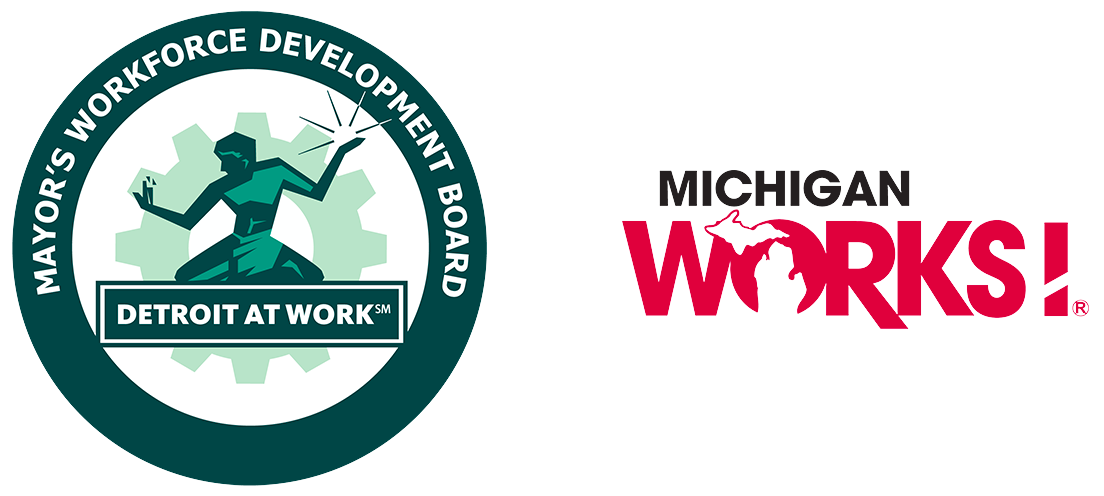Ford reveals benefits for Detroiters as part of train depot plans
Detroit — Cementing its new Corktown campus, Ford Motor Co. plans to invest millions of dollars in affordable housing and workforce training, education and development as well as ensure nearby businesses are not displaced.
Responding to a “wish list” from residents, the automaker unveiled a community benefit proposal Monday during a meeting for the neighborhood advisory council involved in advancing Ford’s plans to create a 1.2 million-square-foot site that includes Michigan Central Depot and relocate 5,000 workers by 2022.
Among the highlights in the proposal:
- Investing $2.5 million to the city Affordable Housing Leveraging Fund to preserve and/or create some 200 new units in the project’s impact area
- Providing $2.5 million to the Strategic Neighborhood Core City Fund for neighborhood park improvements, streetscape and mobility upgrades, financial support to help eligible seniors secure emergency home repair grants, and boosting a façade improvement program targeting impact area businesses
- Committing $5 million for workforce training, education and development, including $1 million to support other training programs for skilled trades jobs through Detroit at Work and $2 million in funds to be invested in workforce development programs as well as scholarships and initiatives for youths in the impact zone
- Launching a local hiring hall for Detroit residents with priority given to residents who live near the campus to seek jobs
- Providing a way to include small local businesses in its development and make all retail and services at company buildings available to the public
- Participating in the city’s Greater Corktown neighborhood planning process
- Engaging the community on mobility pilot projects located in the area
Ford also plans to support creating a bird habit in the impact zone, request that the Michigan Department of Transportation invest in improvements to accommodate the increased service on area roads and freeways, and set normal construction hours between 7 a.m.-7 p.m., according to the proposal.
The aim is to both incorporate the company’s vision for creating an innovative hub while minding the surrounding neighborhood, said Richard Bardelli, program manager at Ford Land, the automaker’s real estate arm. “We want to make sure we’re doing the right thing in the community.”
Officials noted the investments complement more than $14 million annual support from the company’s philanthropic arm, the Ford Fund, to Detroit. Ford also operates a resource and engagement center in the city.
“We believe there’s going to be an opportunity to build on the work we’ve been able to do,” said Shawn Wilson, manager of community engagement for the Ford Fund.
The investments also are key in attracting residents while having the potential to secure a wide-ranging impact, said Arthur Jemison, Detroit’s chief of services and infrastructure.
“Corktown has the opportunity to be one of the neighborhoods that can do something for the entire city,” Jemison said.
The Neighborhood Advisory Council unanimously approved the proposal and is submitting a letter of support for the City Council.
“It’s a huge benefit not only for Corktown but the city,” member Sheila Cockrel said.
The group, which includes residents in the project’s impact zone, has been working to develop a report for the City Council before approval.
It is involved since the Corktown project falls under the Community Benefits Ordinance that Detroit voters approved in November 2016. It targets developments worth at least $75 million, if the development receives $1 million or more in property tax abatement or $1 million or more in value of city property sale or transfer.
Ford recently said it would spend as much as $740 million on the Corktown campus.
The automaker has submitted a tax incentive package to the city, requesting $104 million in tax breaks for the development. The company wants the City Council to approve the funding by mid-October so it can start winterization work on Michigan Central Station.
The city tax abatement spans 35 years, according to the Detroit Economic Growth Corp. The request is part of $238 million in tax breaks that Ford seeks.
Residents who attended the meeting Monday welcomed Ford’s plans.
“I’m glad to see the city coming back,” said Angie Johnson, who has lived in Corktown for more than 60 years.
Bill Cheek, another resident near the project, supported the effort and hopes the automaker will follow through on its guarantees as well as secure initiatives such as shuttles for seniors.
“If Ford is a true community partner, they need to go a little further,” he said.
Read the original article here.




